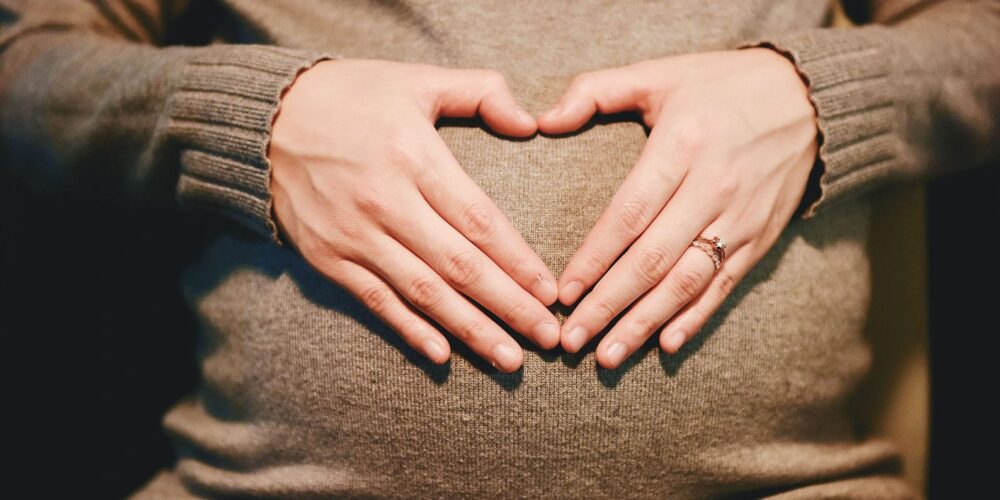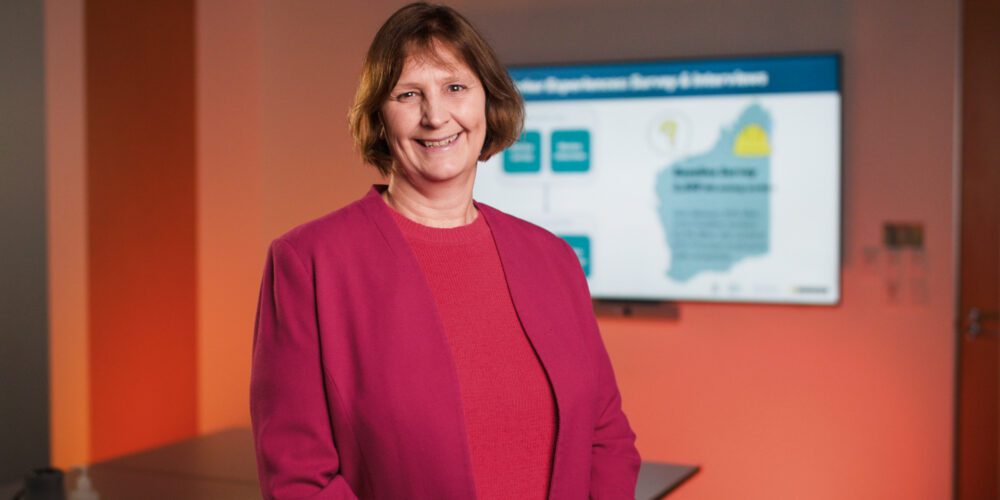Conceiving within six months of birth does not increase risk of diabetes

Curtin University researchers have found insufficient evidence to suggest that falling pregnant again within six months of giving birth is associated with an increased risk of gestational diabetes.
The research, published in Annals of Epidemiology, examined data from more than 100,000 mothers in Western Australia who gave birth between January 1, 1980 and December 31, 2015 to see if they were at an increased risk of gestational diabetes if they fell pregnant again within six months.
Senior author Dr Gavin Pereira, from the School of Public Health at Curtin University, said questions had been raised regarding the length of time between giving birth and conceiving another child and the impact this may have on birth outcomes.
“The World Health Organisation (WHO) and the American College of Obstetricians and Gynaecologists recommend that women should wait at least two years after a live birth before commencing the next pregnancy,” Dr Pereira said.
“Previous research suggests that both short and long intervals between giving birth and conceiving increased the risk of gestational diabetes, which is one of the major pregnancy complications that affects six to 13 per cent of pregnancies worldwide. However, the results of these studies may have been impacted by small sample sizes, the reliance on hospital-based groups, and a lack of control for important confounders such as socio-economic status.
“In our study, we found that women who conceived a child within six months or at 24 months or longer after giving birth were at no greater risk of gestational diabetes, compared to women who fell pregnant between 18 and 23 months.”
Lead author Mr Amanuel Tesfay Gebremedhin, also from Curtin’s School of Public Health, said the findings had significant implications for families who were looking to conceive children in a shorter time period.
“Our findings do not support previous claims that women who conceive within six months of giving birth were at an increased risk of gestational diabetes,” Mr Gebremedhin said.
“Future research would benefit from exploring whether the effects of short pregnancy spacing on future gestational diabetes are worse for women whose previous pregnancies were complicated.”
The research was co-authored by researchers from the Norwegian Institute of Public Health (Norway), World Health Organisation (Switzerland), THL Finnish Institute for Health and Welfare (Finland), the Karolinska Institute (Sweden), QIMR Berghofer Institute (Queensland, Australia), and Texas A&M University (USA).
The research paper titled, ‘Effect of interpregnancy interval on gestational diabetes: a retrospective matched cohort study, can be found online here.



